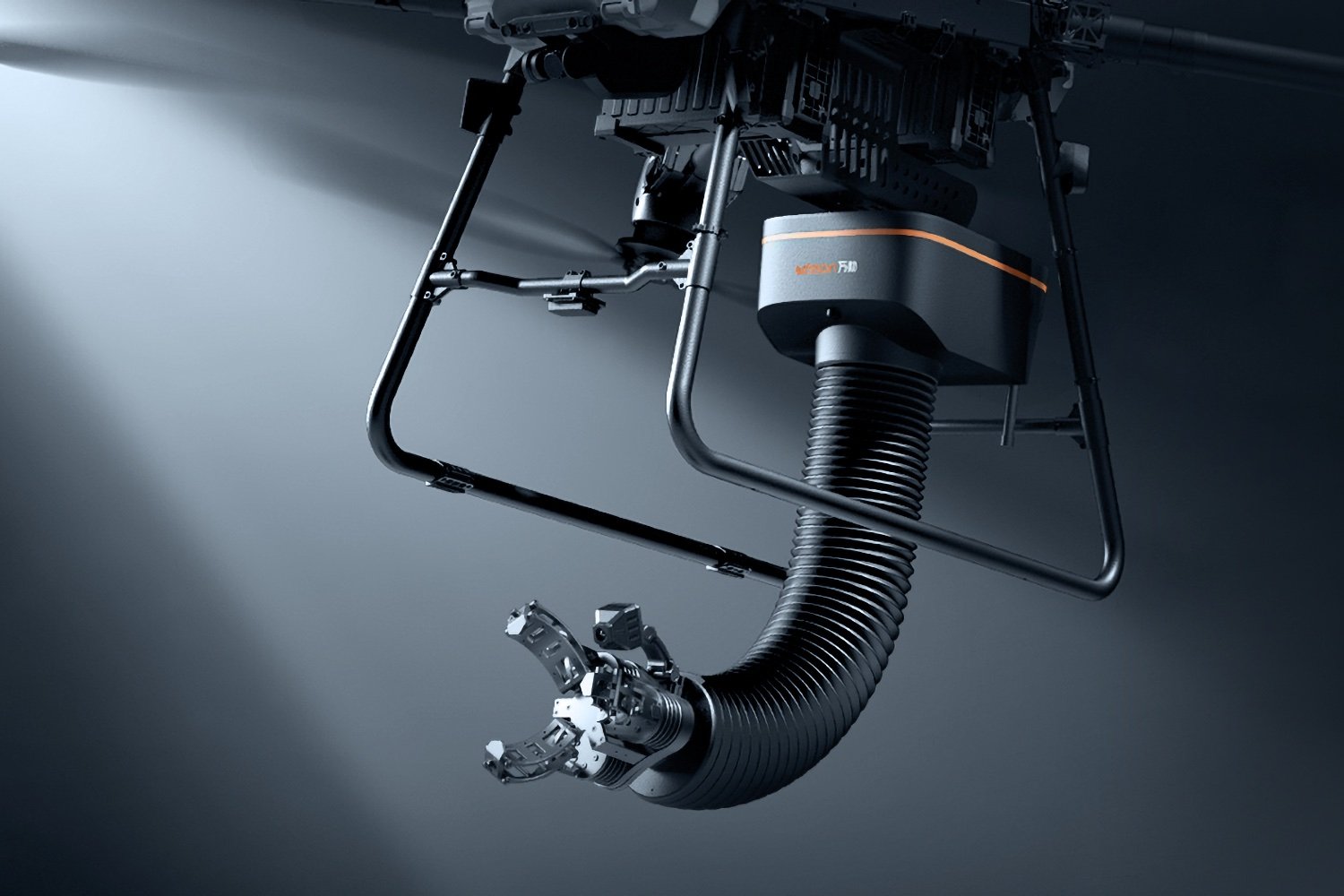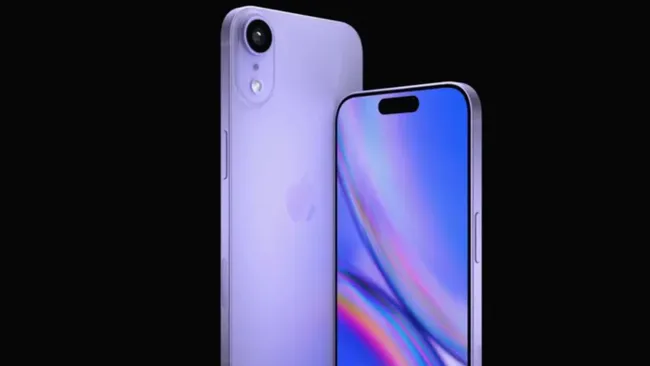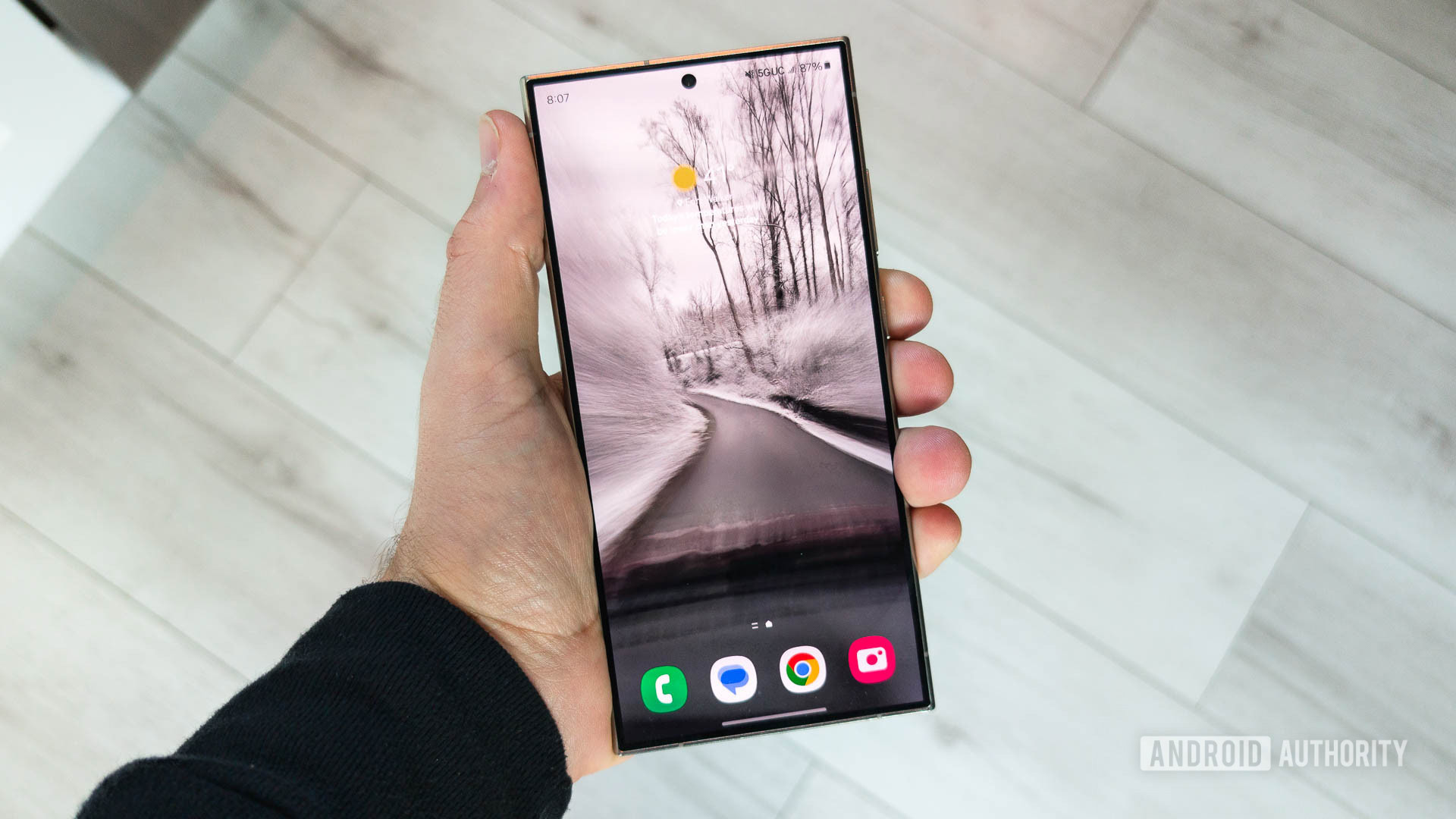The leaders of major technology companies are making overtures to former President Trump as Election Day nears and the Republican candidate appears in solid position in the final days of the race.
Key figures in the tech world — from Apple’s Tim Cook to Google’s Sundar Pichai to Amazon’s Andy Jassy — have been making calls to the former president in recent weeks as they brace for a potential second Trump term.
Trump said last week that Pichai, who serves as Google’s CEO, called him after he worked a shift at a McDonald’s drive-thru earlier this month as part of a campaign photo op.
“I actually got a call from Sundar. Sundar, who’s great, from Google, he’s a great guy, very smart. The head of Google,” Trump told a crowd his supporters at a rally in Pennsylvania on Saturday.
“And he said, “Sir, I just want to tell you, what you did with McDonald’s was one of the single biggest events we’ve ever had at Google,” he added.
Google declined to comment on the call.
The former president also revealed earlier this month that Cook, Apple’s CEO, called him about concerns with the European Union, after the bloc’s top court ruled in September that the iPhone maker must pay nearly $15 billion in back taxes.
Much like with Pichai, Trump offered glowing remarks about Cook following his outreach.
“I believe that if Tim Cook didn’t run Apple, if Steve Jobs did, it wouldn’t be nearly as successful as it is now. I think Tim Cook’s done an amazing job. And I’m not knocking Steve Jobs,” Trump said during an appearance on Patrick Bet-David’s podcast.
Amazon CEO Andy Jassy also reportedly had a phone call with the former president, according to CNN. Leaders of the Jeff Bezos-owned aerospace company Blue Origin also met with Trump last week.
The meeting occurred the same day that The Washington Post, which Bezos also owns, revealed it would not endorse a presidential candidate in the 2024 election or any future elections.
The Post later reported that Bezos personally made the decision to kill an endorsement of Vice President Harris that had been drafted by the paper’s editorial board.
In an op-ed in the Post explaining his decision, Bezos said he was not aware of the Blue Origin meeting in advance, emphasizing that there is “no connection between it and our decision on presidential endorsements, and any suggestion otherwise is false.”
The overtures from the tech world come as Trump’s chances of success appear to be growing. The former president is now slightly favored to win the election, according the The Hill-Decision Desk HQ forecast.
The forecast shifted earlier this month, with Trump’s odds of beating Harris crossing 50 percent for the first time since the vice president joined the race in July.
Trump currently trails Harris by just 0.5 percent, according to The Hill-Decision Desk HQ’s polling average. The former president has steadily eaten away at Harris’ narrow lead in recent weeks, putting Democrats on edge.
“I think that on one level it’s just trying to have their bases covered,” said Owen Tedford, a senior research analyst at Beacon Policy Advisors. “If Trump does win the election, they want to have some sort of relationship.”
Major tech firms might also be hoping for reduced antitrust pressure in a second Trump presidency, Tedford suggested. Under President Biden, the Federal Trade Commission (FTC) and Department of Justice (DOJ) have taken aim at Big Tech, filing antitrust suits against Amazon, Apple and Google.
“Trump has at times come off as anti-Big Tech, but he’s clearly shown himself to be capable of flipping on issues like this,” Tedford said, pointing to the former president’s change of heart on TikTok.
“I think it shows that with the right appeasement of Trump and getting to the right people around him, almost anything is likely possible,” he added.
Daniel Alpert, managing partner at the investment firm Westwood Capital, described the tech world’s outreach to Trump as “anticipatory compliance.”
“To the extent that one is of the opinion that Trump possesses authoritarian tendencies … people begin, when they sense that their lives may be affected by the actions of an authoritarian leader, to anticipate what he’s going to want and start to comply,” Alpert said.
“People in the business world, to say nothing of people in the academic world and media and elsewhere, inevitably start to consider their best interest and begin to anticipate what the reaction is going to be and start to get into line,” he added.
While some tech leaders appear to be hedging their bets in the final days of the election, others, like Tesla and SpaceX CEO Elon Musk, have fully embraced Trump.
Musk endorsed Trump in July and has since loaded $118 million into a super PAC supporting the former president. The billionaire has also personally taken on an active role in boosting Trump, holding several town halls in Pennsylvania and joining the former president at a Madison Square Garden rally on Sunday.
Trump has a history of lashing out at business leaders who he believes have wronged him.
During his first term in office, the former president famously had a contentious relationship with Bezos, who he at one point nicknamed “Jeff Bozo,” largely due to the Amazon founder’s ownership of the Post.
Amazon sued in 2019 after it lost a $10 billion Defense Department contract to Microsoft, alleging that Trump’s disdain for Bezos and the e-commerce giant had affected the bidding process.
Meta CEO Mark Zuckerberg has also been a focus of the former president’s ire since Facebook banned him from the platform in the wake of the Jan. 6, 2021, attack on the Capitol. Meta is the parent company of Facebook and Instagram.
Trump railed against Facebook earlier this year, labeling it an “Enemy of the People” and arguing that efforts to ban TikTok in the U.S. would empower the platform and Zuckerberg.
“If you get rid of TikTok, Facebook and Zuckerschmuck will double their business,” Trump wrote on Truth Social in March. “I don’t want Facebook, who cheated in the last Election, doing better.”
However, as Zuckerberg has increasingly attempted to withdraw from politics, Trump has become more favorable toward the Meta CEO, saying he likes him “much better now.”
Zuckerberg declined to endorse either Trump or President Biden — who dropped out of the race in July and was replaced by Harris at the top of the ticket — and has said he does not plan to play a “significant role” in this election.
He has also led Meta’s move away from political content. Earlier this year, Instagram announced that it no would longer recommend political content unless users manually changed their settings.
In September, Trump revealed that Zuckerberg had called him after he was shot in the ear during an assassination attempt in July. In an interview with Bloomberg, the Meta CEO described Trump’s reaction to the assassination attempt as “badass.”
The former president seems to be enjoying the attention, which could be favorable for these tech firms, Tedford noted.
“Creating that positive relationship early on, I think, would pay dividends throughout the Trump administration,” he said.
“Now, does that mean if he feels that Meta or something is being biased against conservatives that he wouldn’t lash out during his presidency?” he added. “No, I don’t think so. But maybe it starts them, rather than with a negative perception, it starts them at least closer to neutral.”











